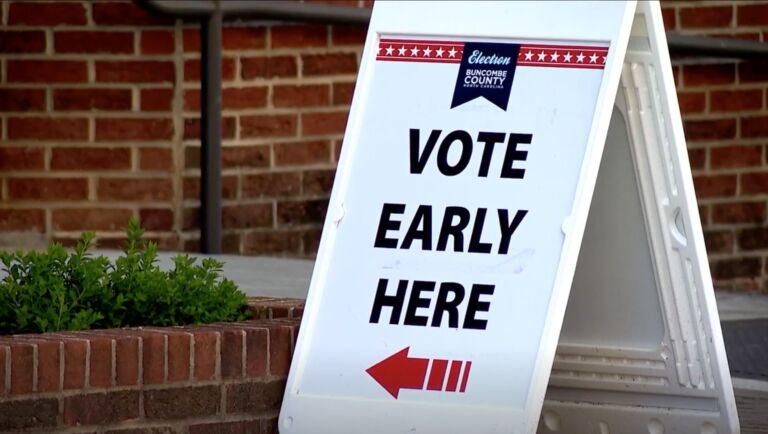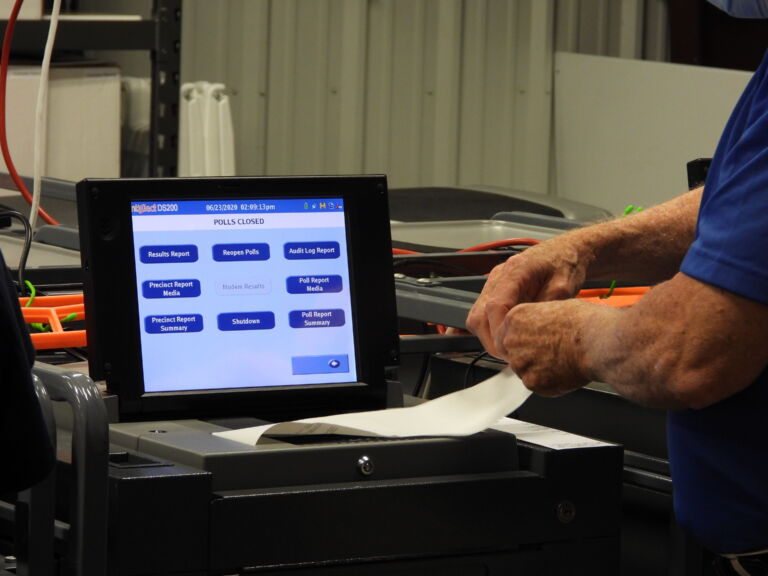Earlier this week, I wrote about how the North Carolina State Board of Elections (SBE) was seeking to suppress the number of election observers to two per day per party, a move that would make elections less transparent and which is contrary to state law:
A plain and logical reading of the statute shows that the SBE’s attempt to restrict the number of local election observers to two per day is contrary to state law. The first sentence of the section states that each county party chair has the right to “designate two observers” and that those observers may “be relieved during the day of the primary or election after serving no less than four hours.” If the law gives party leaders the right to replace two observers after four hours, and polls are open for more than four hours per day, how could the total number of observers per day only be two?
It appears that members of the state legislature have noticed the SBE’s move and have proposed legislation (H819, “Alternate Observers at Voting Places“) to counter it. The bill would spell out what should already be clear from reading current law; that parties may have up to two observers at a voting location at any given time, not just two per day.
H819 would go further, allowing replacement of election observers “as needed” rather than after four hours:
Observers may be relieved during the day of the primary or election. At the option of the appointing authority, a precinct–specific observer may alternate with another precinct–specific observer, and a county at–large observer or State at–large observer may alternate with another county at–large observer or State at–large observer, throughout the day as needed, provided that each observer‘s name is on the list submitted by the appointing authority as required by this section.
The bill was reviewed in a meeting of the General Assembly’s House Election Law and Campaign Finance Reform Committee on May 5. After some discussion, the committee favorably reported the bill by voice vote with only one representative voting no, a sign of at least some bipartisan support.
If the leaders at the SBE end up having to accept more observers than allowed under current law, rather than the fewer observers that they want to allow, they will have no one but themselves to blame.


